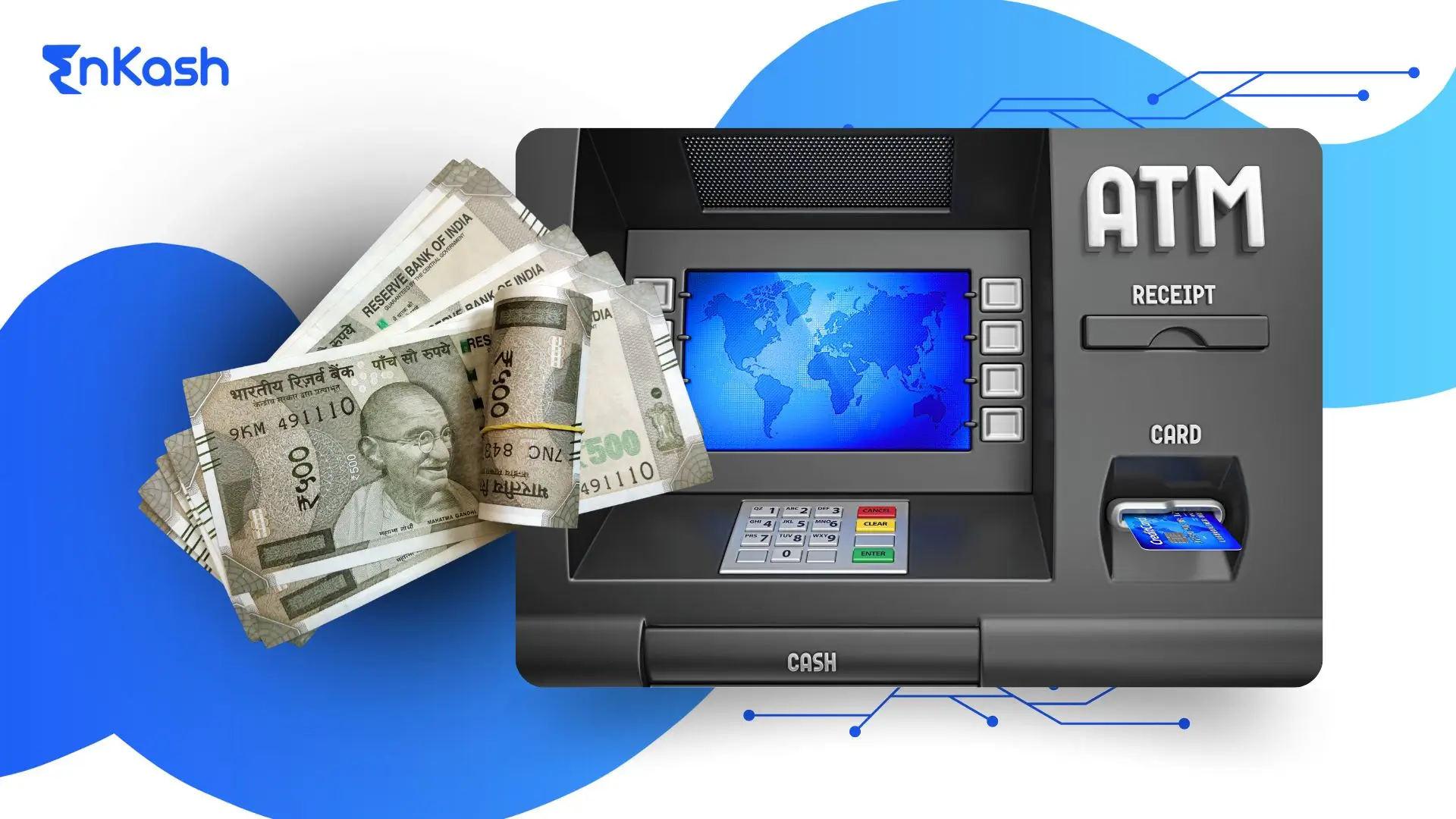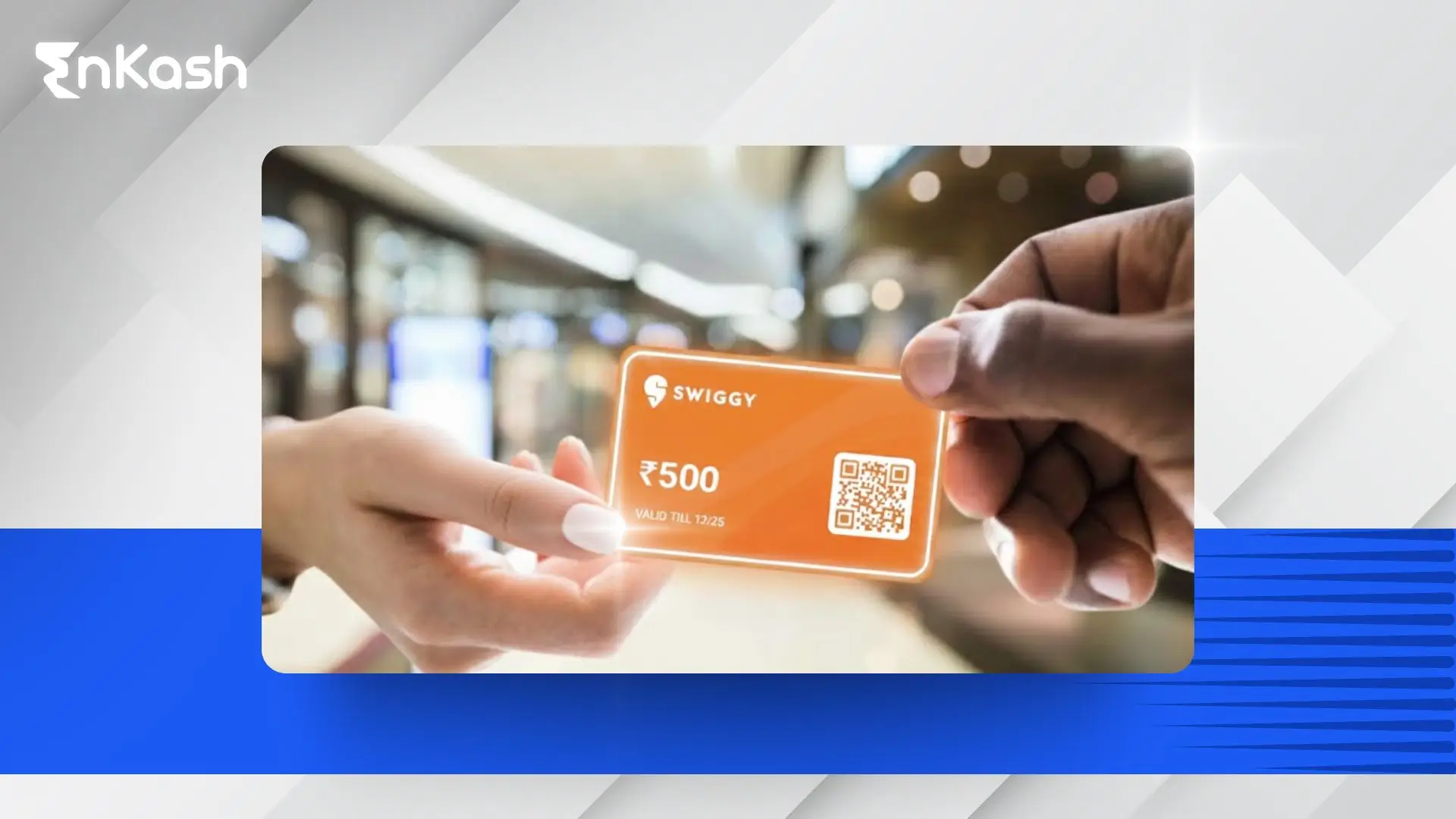Companies are continuously looking to engage and inspire their workforce in this highly competitive employment market. Variable pay is perhaps the most promising way of doing that. Variable pay intends to compensate workers for the work they perform, in many cases aligning their pay with the company’s performance or some set of objectives. It is the kind of pay that incentivises and aligns employees with the company’s goals. We will learn more about what variable pay is in this blog, how it is calculated, and use some variable pay examples for better understanding.
What is Variable Pay?
Variable pay meaning is the amount that employees are compensated based on their performance or the company’s achievement. In contrast to fixed pay, which is the standard salary an employee receives regardless of performance, variable pay is linked to a specific set of performance targets or requirements. Bonuses, commissions, profit-sharing and other perks associated with success for the individual, teams or company are all examples of such compensation.
The variable salary meaning refers to the percentage of pay that changes according to performance. It’s an excellent motivator because it establishes a clear connection between work and reward to encourage employees to do their best in order to achieve or exceed targets.
Why is Variable Pay Important?
Variable pay is a key component of today’s compensation models for many reasons:
- Performance Motivation: Employees are motivated to achieve or beat targets as they are directly paid for their performance.
- Talent Retention: As employees feel valued for their hard work, variable pay can help improve loyalty and retain employees in the long run.
- Employers Can Save Money: By paying for results, employers can control labor costs, paying when certain outcomes are achieved.
- Goal Alignment: It aligns employee performance with company targets and encourages employees to work toward the company’s success.
- Encourages Continuous Improvement: Employees strive to grow their abilities and performance because they know that by performing better, they can earn more.
- Promotes Accountability: Variable pay is performance-based, which makes employees responsible for achieving targets.
- Flexibility in Rewards: Companies can design rewards around behaviors or results like innovation, cost-efficiency or customer satisfaction.
- Enhances Morale and Engagement: Employees feel valued and appreciated by financial compensation and are thus engaged and satisfied at work.
- Fosters Collaboration: Team variable pay fosters cooperation, as employees are expected to collaborate and reach the same collective objectives.
- Encourages Strategic Thinking: Long-term rewards such as profit-sharing or stock options drive employees to think beyond immediate results and to consider company goals.
Read more: Payroll Processing
Who Gets Variable Pay?
Variable pay tends to be paid across multiple positions within an organization. However variable pay may vary for different job roles, departments, and levels of seniority. Here are some instances of the people most likely to receive variable pay:
- Sales Representatives: Sales reps typically earn a variable salary through commissions or sales bonuses. This motivates them to hit sales numbers and help grow the business.
- Managers and Leaders: Employees in management and leadership positions often earn variable compensation depending on team or company performance. This also helps align leadership efforts with business objectives.
- Risk-takers and Hazardous Roles: Employees in risky occupations, like construction or logging, might earn performance-based variable pay or differential pay to make up for their increased risk.
- Team-based Roles: Some companies have team-based variable compensation, which is paid on the collective successes of the team, not individually.
Read more: Account Payable
What is the Difference Between Fixed Pay and Variable Pay?
There are a few fundamental differences between fixed and variable pay – including structure, frequency and intent. Here’s a detailed comparison.
Basis |
Fixed Pay |
Variable Pay |
Definition |
It is the regular and consistent salary paid to employees, regardless of performance. |
It is the additional compensation awarded based on individual or company performance. |
Frequency |
Fixed pay is paid regularly, typically monthly or bi-weekly. |
Variable pay is awarded at intervals such as quarterly, half-yearly, or annually. |
Dependence on Factors |
Fixed pay is independent of performance or company profitability. |
Variable pay is contingent on performance metrics, team goals, or company profits. |
Components |
Includes base salary, allowances (like housing or transport), and other guaranteed payments. |
Includes bonuses, profit-sharing, commissions, or differential pay. |
Predictability |
Predictable and stable, offering financial security to employees. |
Less predictable as it varies based on performance and may fluctuate. |
Motivation |
Provides financial stability but may not motivate high performance. |
Motivates employees to excel in their roles and contribute to company success. |
Types of Variable Pay
Let’s look at the four main types of variable pay that employers may grant for varying reasons under different circumstances.
- Performance-based Pay
A performance bonus is an incentive in the form of money paid to employees who achieve or exceed objectives. The bonus amount can either be a percentage of a worker’s base salary or a fixed amount. Bonuses tend to scale with the level of goal attainment. A hairdresser, for instance, could earn a 5% bonus for 500 haircuts in a year and a 10% bonus for 750. Companies can also give performance bonuses to teams — for example, a bonus for a construction crew for working safely and without incident on a given project for a certain period of time. Examples of performance-based pay include:- Signing bonuses for new hires.
- Longevity incentives for staying with a company for a particular amount of time.
- Referral bonuses can be earned by referring an applicant who is successfully hired.
- Profit-sharing
Profit-sharing is when a company shares a percentage of profits with employees when they achieve a revenue target. Such variable compensation can take the form of a cash bonus, company stock or retirement contributions. Retirement account contributions are especially attractive as they typically have a lower tax rate or may also be exempted. - Sales Commissions
Commissions are variable compensations, where employees are paid a percentage of the sales they generate. Such compensation is typical for sales-oriented occupations like retail, real estate, and advertising. A car salesman, for example, could get a 3% commission for each car sold. Some sales associates can receive a starting salary and commissions and are given the opportunity to add to their gross compensation on the basis of their performance. - Differential Pay
Differential pay is extra compensation paid to employees who work overtime, on holidays, or under special conditions. These payments are designed to encourage workers to work less desirable or risky jobs. A hospital, for instance, could pay janitorial workers more to do less popular shifts.
Read more: Cost Control
How Variable Pay is Calculated?
The calculation method varies depending on the type of variable pay paid. Here is how variable pay is calculated:
1. Performance-based Pay Calculation
Performance-based bonuses can be a percentage of the base salary, or a fixed amount depending on performance. A company may, for instance, provide a 5% performance bonus if employees hit the goal and a higher percentage if they exceed it.
Example: An employee earning ₹50,000 might earn a 5% bonus for meeting the goal (5% of ₹50,000 = ₹2,500) or 10% for meeting the target (₹5,000).
2. Profit-sharing Calculation
In profit-sharing, a company shares a percentage of its earnings according to certain standards. The share of profits attributed to workers is based on things such as salary or years of employment.
Example: An enterprise with $1 million in profits could spend 10% on employees. An employee whose pay is 2% of the payroll may get paid 2% of ₹100,000 or ₹2,000.
3. Sales Commissions Calculation
Sales commissions are usually a percentage of sales made by an employee. The percentage will depend on the sales structure of the company.
Example: A sales rep who sells ₹300,000 in products with a 3% commission will receive ₹9,000 as variable pay.
4. Differential Pay Calculation
Differential pay compensates employees for working in different environments. This might be as a higher hourly rate or percentage raise.
Example: A worker making ₹200/hr could get a bonus of 15% for working night shifts, or ₹230/hr.
Read more: Employee Rewards
Conclusion
Variable pay is an excellent incentive to reward employees based on performance. By providing employees with incentives besides the base salary, companies can keep employees on track to accomplish their objectives while making sure that their contributions are related to the company’s success. Bonuses, profit-sharing, sales commissions, or differential pay — variable pay is the foundation of all modern compensation.
What is variable pay, how does it work and how variable pay is calculated are important concepts that both employers and employees should know in this ever-changing working world. With the right use of variable pay, businesses can foster a performance culture, retain employees, and ultimately create business success.
FAQs
How is variable pay structured between junior and senior-level employees?
At the junior level, variable pay tends to make up a lesser portion of an employee’s total pay—typically around 10 to 15% of the base pay. The variable portion may be 15% to 30% for mid-level positions and 30% to 50% in senior positions. Senior positions are more closely related to organizational performance, whereas junior positions might focus on individual or team results.
How do employees and employers benefit from a profit-sharing plan?
Profit-sharing gives employees a sense of being part of the business’s success. It allows them to benefit directly from the company’s bottom line, which enhances engagement and retention. Profit-sharing is useful for companies as it aligns employee efforts with company objectives and makes sure employees are encouraged to work for the company’s financial success. Also, offering profit-sharing via a retirement plan contribution is also tax efficient for both parties.
How does differential pay help companies attract employees for less non-standard shifts?
Differential pay is one of the methods employed by firms to provide extra compensation to those employees who are working non-desirable shifts – such as night shifts, holidays or in risky environments. Offering higher pay during these periods helps companies easily bring on talent to accommodate these shifts. For example, if the hospital cannot fill a nursing position at night, it might provide a 10-20% shift differential to make the position attractive. This financial bonus also increases worker satisfaction and retention in hard roles.
How do firms determine how much of their profits to share with workers in profit-sharing arrangements?
The profit percentage being shared with employees depends on the profitability, financial regulations, and business objectives of the company. And the majority of firms allocate a percentage of pre-tax profits to be given away to employees. This percentage could be higher in good years and lower during difficult times. The amount an employee receives may also depend on their pay scale, tenure or contributions to the company’s growth.
Does variable pay come with a guarantee, or is it contingent on performance?
Variable pay is usually performance-based, meaning it is contingent on meeting specific objectives (individual, team, or corporate). However, some employers do give discretionary bonuses or minimum assurances under variable compensation plans, for example, in senior or in sales roles. These guaranteed bonuses make sure that workers are compensated at least a certain amount regardless of their performance, either to ensure monetary security or as a retention strategy.
Do commissions count as variable salaries, and how do they work in different industries?
Yes, commissions are a form of variable pay. They are usually paid in percentage of the employee’s sales. In the sale-based fields, like real estate, retail, and advertising, commissions make up a huge chunk of an employee’s salary. For instance, a real estate agent may get paid 2-5% commission per property sale. Commissions might be contingent on getting high-value contracts in other fields like advertising.
What is the connection between variable pay and employee retention?
Variable pay can help to retain employees by offering performance-based incentives that make employees feel more engaged and appreciated. Profit-sharing or performance bonuses, for example, make employees directly engaged in company growth. If employees are assured that they will get rewarded for their efforts, they will be more likely to stick around. In addition, tenure-related variable pay such as longevity bonuses encourages employees to stick around longer to reap bigger rewards over time.
How do companies determine performance bonuses for teams, and how is fairness guaranteed?
Companies that pay team-specific performance bonuses will typically use predefined measures like team productivity, project completion or department-specific metrics. Bonus money usually gets distributed to the team members as per the task, contribution or percentage of the salary. Companies might do performance reviews, or peer reviews, to ensure they are fair. For instance, a construction team could be given a bonus if they finished a job on time and without a safety incident, and what that bonus might be would depend on each team member’s job title or role.
Is there a place for non-monetary incentives in variable pay, and how do they fare against cash rewards?
Yes, variable pay may be rewarded with non-monetary benefits such as gift vouchers, company trips or goods. These non-monetary incentives are often utilized in a recognition system where employees are rewarded for certain tasks like exceeding sales or providing excellent performance in a project. Although non-monetary incentives can be effective in morale enhancement and effort recognition, they might not provide the same long-term economic effect as cash bonuses. But non-monetary rewards are often more human and can make people feel appreciated in ways that cash would not.








